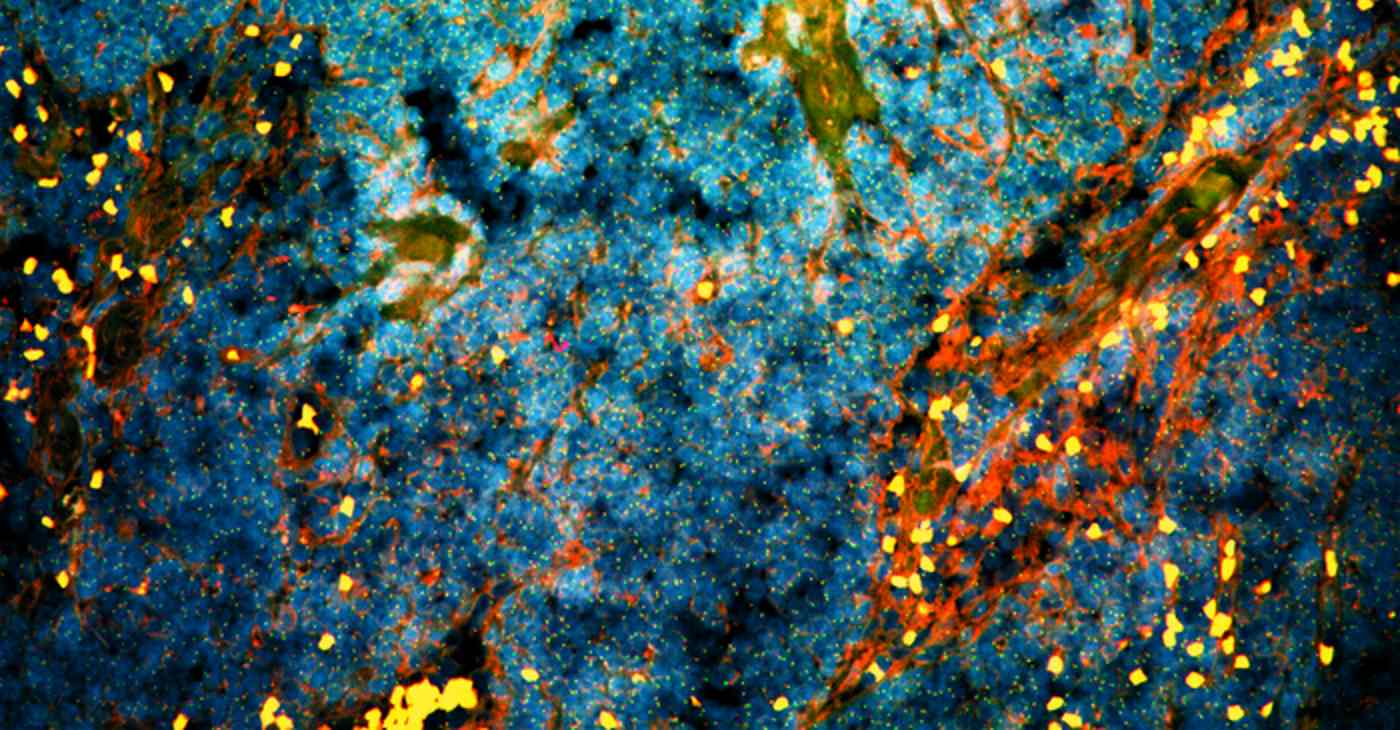
Vitamin K is found in leafy greens and is crucial for blood coagulation and calcium synthesis in tissues—but may also cure prostate cancer.
Not vitamin K specifically, but a precursor called menadione, which was found in a recent trial to interfere with the survival process of tumor cells and ultimately saw them explode.
Prostate cancer is one of the most lethal in men, and while multiple treatments exist, there are some varieties that are both highly resistant and highly aggressive. In 2001, a trial of 35,000 patients was funded to try and find out if vitamin E, a potent antioxidant, could help treat prostate cancer.
After just three years, however, it was found that more men taking the supplement started to get the disease. The trial organizers reasoned simply that if an antioxidant accelerated prostate cancer, could a pro-oxidant prevent it?
Researchers at Cold Spring Harbor Laboratory (CSHL) tested menadione, a precursor to vitamin K, in mice. In their animal model, it was found that the menadione depleted a lipid called PI(3)P, which works like an ID tag. Without it, the tumor cells failed to continue to recycle incoming material. They eventually exploded.
“It’s like a transport hub, like JFK. If everything that goes in is immediately de-identified, nobody knows where the airplanes should go next. New stuff keeps coming in, and the hub starts to swell. This ultimately leads to the cell bursting,” said Professor Lloyd Trotman, leader of the research from CSHL.
YOU MAY ALSO LIKE: New Cervical Cancer Treatment Regime Shows ‘Biggest Gain in Survival Since 1999’
Trotman would like to see the results replicated in men who receive an early cancer diagnosis.
“Our target group would be men who get biopsies and have an early form of the disease diagnosed. We wonder if they start to take the supplement, whether we would be able to slow that disease down,” she said.
UNLIKELY CANCER TREATMENTS: Manuka Honey Reduces Breast Cancer Cell Growth by 84% in Human Cells and Mice
Sci-tech Daily reports that menadione may also be effective in slowing the progression of myotubular myopathy, a deadly birth defect in infant boys that prevents them from growing; eventually leading to death prior to childhood.
SHARE This Unlikely Candidate For A Cancer Treatment With Your Friends…




















